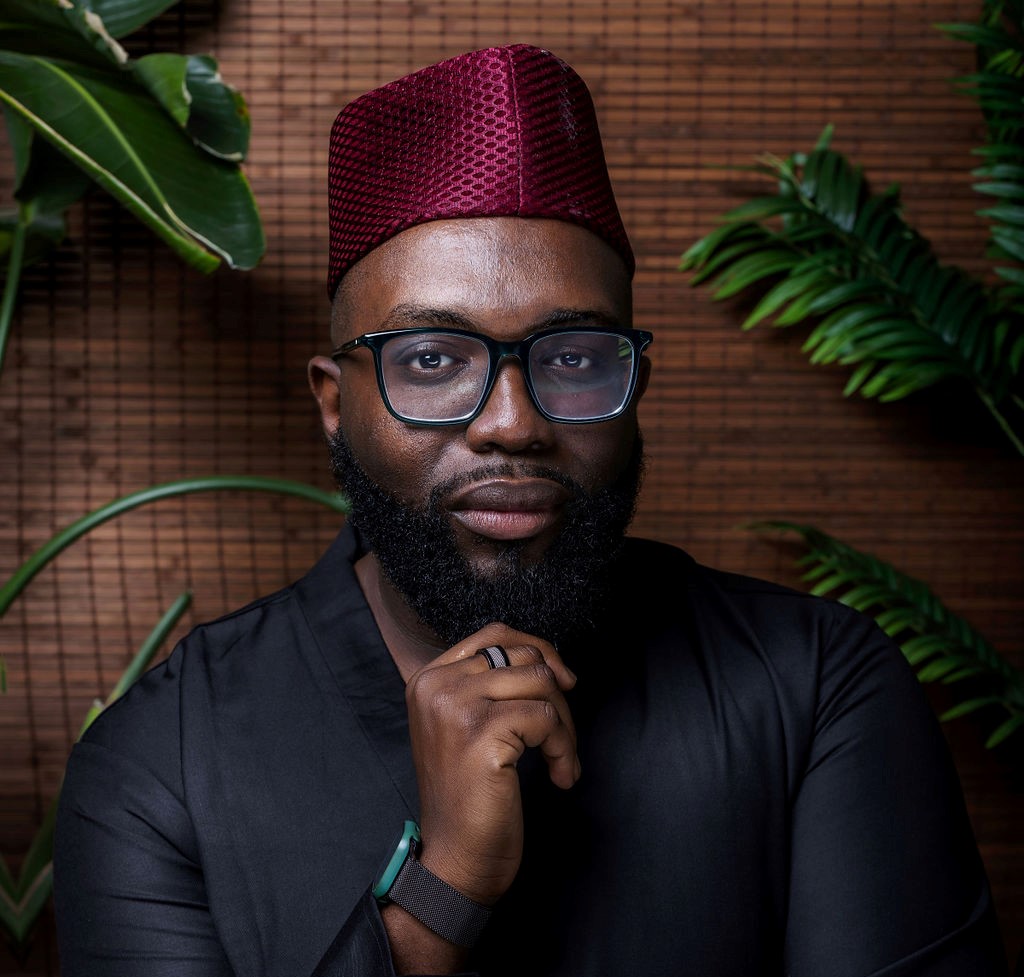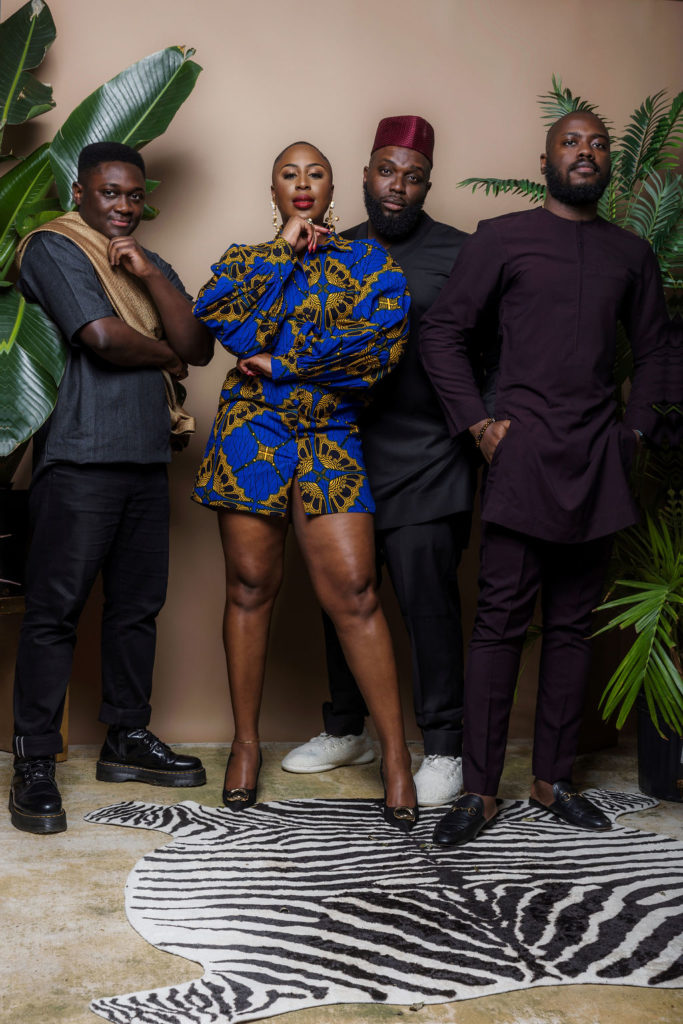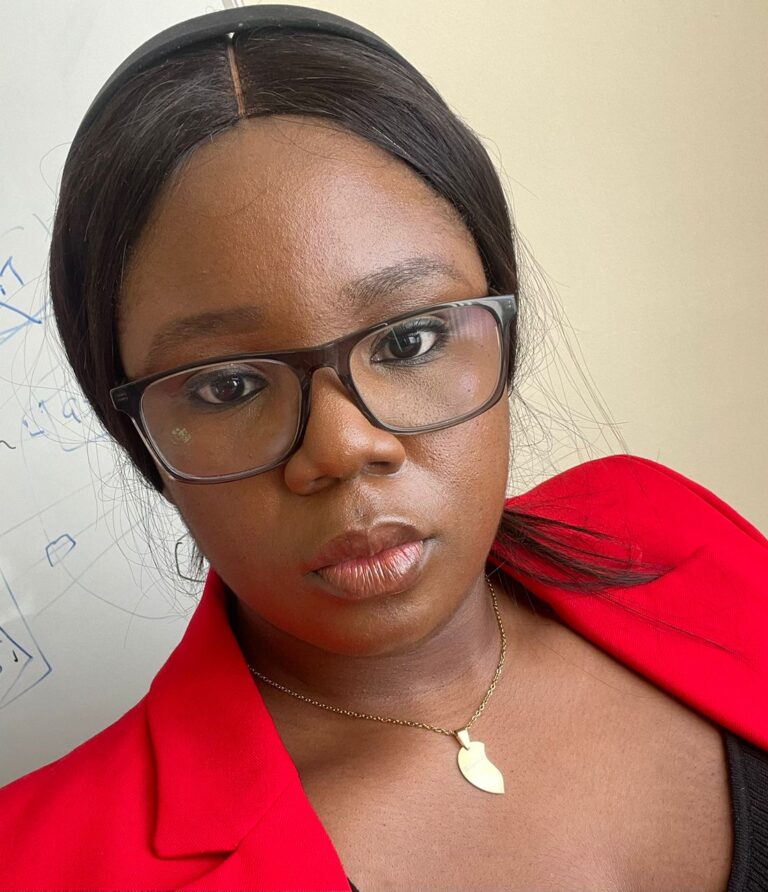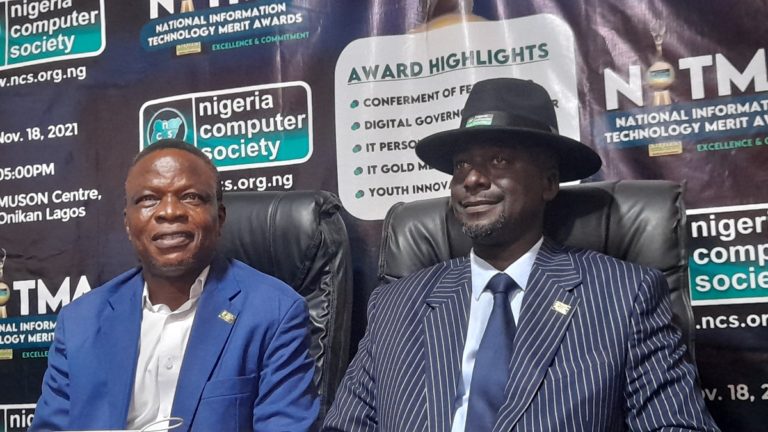Afropolitan Secures $2.1 Million to Develop a Digital Nation

According to its co-founder, Eche Emole, Afropolitan, a firm that aims to create a digital nation for Africans, has raised $2.1 million in pre-seed funding.
Afropolitan was founded in 2016 by Eche Emole and Chika Uwazie as a platform for the African diaspora to organize parties, events, and festivals. It gained a name for itself in 2019 after hosting parties for international visitors who came to Ghana for the Year of Return event. The number of international travelers peaked at 1.13 million in that year, up from 960,000 the previous year, contributing an additional $1.9 billion to Ghana’s GDP.
When the worldwide epidemic broke out, governments fell into lockdown, and physical events ended, Afropolitan was on its way to organizing another edition of its celebration in Beyond the Return in 2020. However, it was able to switch to media because of the traction it had garnered in 2019. It went on Clubhouse, an audio site, and grew a community of 50,000 black individuals.
The inspiration for Afropolitan’s digital nation may be traced back to an article posted by Balaji Srinivasan, the former CTO of Coinbase, in April 2021, titled “How to Start a New Country” in the Twenty-First Century. Srinivasan believes that this new country, which he refers to as the “network state,” will be “constructed on the cloud first.”
“Our plan is to go cloud first and land last.” Rather of beginning with the real landscape, we begin with the online community. “We’re looking for people who want to start a new virtual social network, a new city, and eventually a new country,” he adds.
Srinivasan envisions a network state as a digital nation constructed outside the historical limits of a physical nation, giving individuals a new chance for societal and financial liberty.
In another essay, Balaji defines a network state as “a social network with an agreed-upon leader, an integrated cryptocurrency, a specific mission, a feeling of national awareness, and a plan to crowdfund territory.”
Along with Srinivasan, who later invested in the company, there are over 25 other angel investors, including Future Africa’s Iyinoluwa Aboyeji, Flutterwave’s Olugbenga Agboola, Hustle Fund’s Elizabeth Yin, Paystack’s Shola Akinlade, Syndicate’s Ian Lee, 4DX Ventures‘ Walter Baddoo, IROKOtv’s Jason Njoku, CloudTru Among the venture capital firms that participated in this round were Hashed, Atlantica Ventures, RallyCap Ventures, Microtraction, and Cultur3 Capital.
Because of the numerous failed states on the continent, Emole believes that Africa has the greatest need for a digital nation. He explained that chronic poverty (nine of the ten poorest countries are African), coups d’etats, civil wars, and self-imposed dictatorial dictators have deprived Africa of sustainable socio-economic options. Emole also stated that #EndSARS, a two-week demonstration in his home nation of Nigeria against police brutality, helped him realize that his country had capable individuals, but that this did not convert to effective administration. “When terrible governance shows up, it doesn’t matter how well the standards are doing. It has an impact on everything in its vicinity. “We’ve attempted to engineer our way out of these challenges, but it hasn’t worked,” Emole explained.

Afropolitan, according to Emole, intends to overcome the global problem of scarcity that black people confront, which presents itself in an inability to access institutions, money, jobs, and a high standard of living, by developing a digital nation that will allow black people to build abundant lives.
Emole envisions a digital nation similar to Facebook, the world’s largest social networking platform with nearly 3 billion users, populated by people who share common ideals and ruled by a single cryptocurrency.
The digital nation of Afropolitan will be constructed in four stages. In the initial phase, it will use NFTs as digital passports to admit people to its community or decentralised autonomous organisation (DAO). In the second phase, it will create a super app that will let users to keep track of their assets, transmit money across borders, earn money by contributing to the DAO, and buy goods and services from one another. The next stage is a “minimum viable state,” which will allow it to provide some government services, such as assisting Africans caught up in the Russian-Ukraine conflict. Following that, it plans to push for complete sovereignty and actual lands in cities all around the world.
“Imagine every city in the world having a ‘Chinatown/Afropolitan Town,’ where our members may develop a physical presence and generate economic opportunities.” In a statement, Afropolitan claimed, “Our network state will act as the capital that oversees these enclaves that will serve as embassies.”
Shima Capital, one of the investors in Afropolitan, feels that Africa’s population, macroeconomics, and socioeconomic situations are similar to those that allowed the Southeast Asian area to capitalize on the Web 2 technology boom. “We predict that Africa will be the next rising economy to profit considerably from the technological paradigm change from Web 2 to Web 3,” says the report. Catalysts like Afropolitan are required for this value capture to occur, according to Shima Capital.
“The African diaspora numbers around 150 million individuals, compared to the continent’s population of approximately 1.5 billion, with 70% of the population in Sub-Saharan Africa under the age of 30.” As a result, Africa’s demographics make it one of the most compelling growth stories of our century; but, the continent’s intellectual, artistic, and cultural capital is ignored, underfunded, and undervalued. Cultur3 Capital stated, “Afropolitan seeks to change that.” It also stated that it supports Afropolitan’s community approach: “It’s simple to talk about ‘community.’ It is difficult to construct. Cultur3 is ecstatic to help Afropolitan in its quest to serve the enormous and diverse talent of the African diaspora. This people-first strategy, along with their unrivaled network of Africa’s finest entrepreneurs, artists, and inventors, will be the key to unlocking the region’s tremendous yet overlooked talent.”







